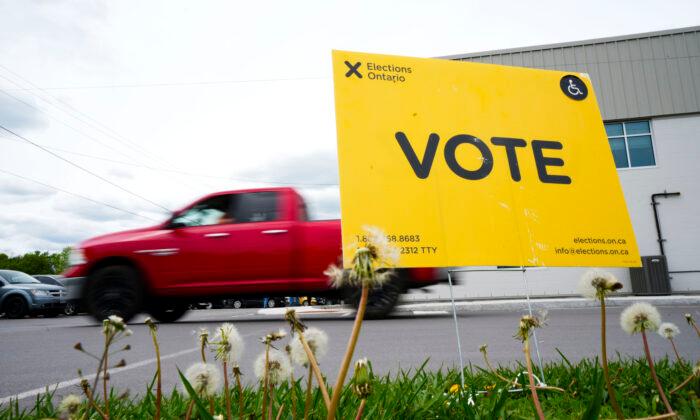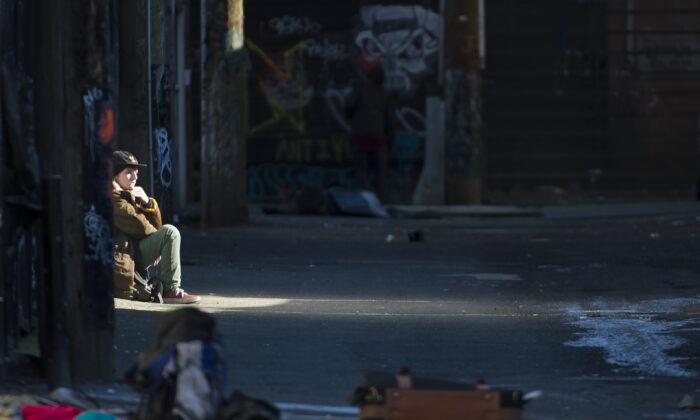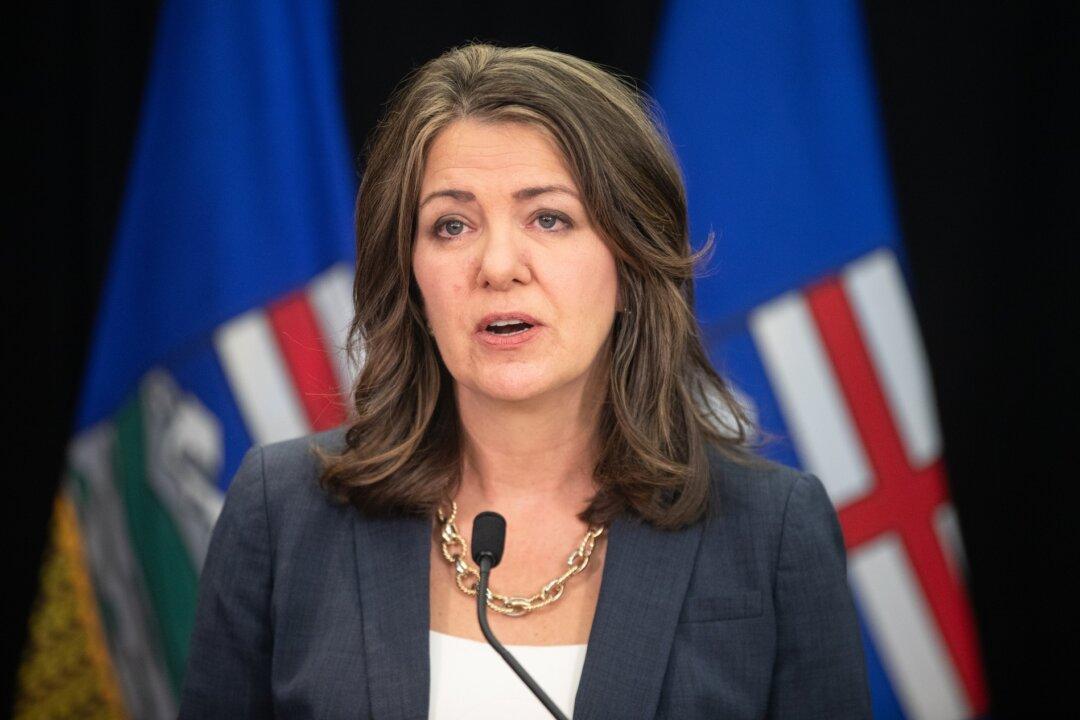A new report by Ontario’s Chief Electoral Officer says opinion polls can influence election results and they should be banned two weeks in advance of election day.
An average of 2.5 opinion polls per day were published in the two weeks leading up to the June 2 election, for a total of 36.
“Political polls have the potential to influence election results by either motivating or demotivating electors,” the report says, making a call for legislative change to prohibit their publication so close to election day.
The Chief Electoral Officer’s report said only 10 percent of people polled after the 2022 elections said they had a process-related barrier to voting. Many instead cited “political reasons.”
Other Recommended Changes
The report made several other calls for legislative change.It called for changes to allow poll workers as young as 16, as is the minimum age in some other provinces and in federal elections. This would further open the worker pool and help with shortages, the report said.
Voting should be done on holidays or weekends instead of school days to make it easier to use schools as voting stations and also engage young workers, the report said. It also recommends civics classes for grades 9 through 12 to enhance knowledge of the electoral process.
It called for polls to be set up ahead of time in long-term care and seniors’ facilities to better “reach this elector group.”
The report expressed concerns about voter data privacy as political parties “are building sophisticated databases of voter information.” Political parties should be subject to privacy laws to provide oversight of these practices, the report said.
Currently, candidates are required to report campaign contributions of more than $10,000. The report suggests lowering this threshold to $2,500.





